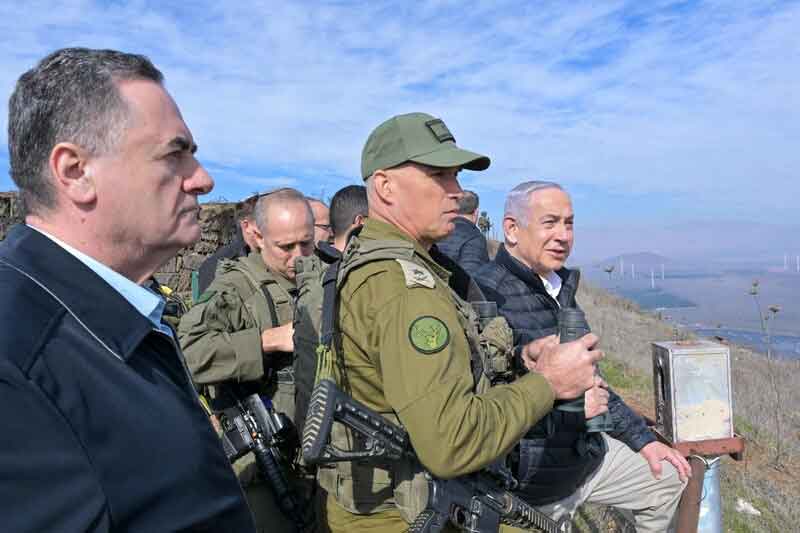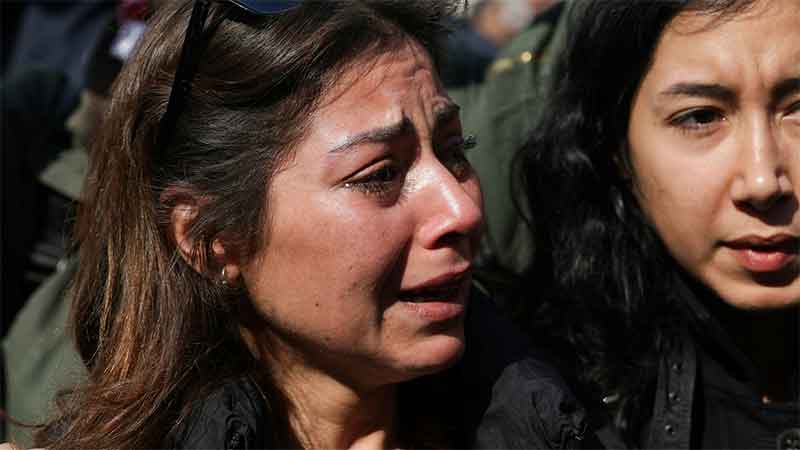
After the fall of Syria’s Bashar al-Assad, Israel has been encroaching on its neighbour’s territory. Israel has attacked Syria more than 400 times and, despite UN protests, launched a military incursion into the buffer zone that has separated the two countries since 1974. Israel has attacked its neighbour Lebanon and has continued to wage a war condemned as genocide on the beleaguered population of Gaza. It tries to reassure the international community that it is actually to limit Iranian presence in Syria. Iran denies any military presence in Syria. That was the initial claim. But it stays glued in Syria with the extended pretext that it has to see Syrian military infrastructure dismantled lest they land in the hands of several active fighters most recently Hayat Tahrir al-Sham (HTS), the primary Syrian opposition group that led the operation to overthrow al-Assad. But the attacks continue and are widespread and savage. 480 sites, fighter jets, naval defence, and anything of strategic value to Syria.
Israel’s justification for this latest attack is that it is acting in its defence. Benjamin Netanyahu swears that the former Syrian territory along the Golan Heights, which has been classed as a demilitarised zone since 1974, would remain part of Israel “for eternity”. Israel’s Foreign Minister is selling the line that Israel’s intention had been solely to target suspected chemical weapons sites and long-range rocket sites – to prevent their seizure by armed groups opposed to Israel’s ongoing offensives on its neighbours.
Israeli leaders seem to have a unified view that this is “an opportunity of historic proportion” for Israel. They believe that this situation presents an ideal opportunity to build coalitions with the Druze, Kurds and other groups in Syria”, suggesting that this alliance could collectively Israel oppose the coalition of armed opposition that deposed al-Assad.
Israel is reaching for the skies given its standing in the region as anti-Arab and that any inch ceded to Israel to make inroads will turn out to be yards and years of brutal occupation. In any case, Israel’s ambitions are far too stretched. They have not come close to defeating Hamas. It must deal with Iran, Hezbollah, Yemen, and other forces that will not countenance handing Israel an upper hand. For example, if Israel dares an attack on Iran’s energy sites, the backlash could well be an Iranian retaliation that might hold back global supplies.
Subscribe to Our Newsletter
Get the latest CounterCurrents updates delivered straight to your inbox.
The coming days will reveal more. Nothing in war is static. The fall of Assad is unlikely to restore peace to the country in the short term, especially given that the forces now in control are the fundamentalist versions.
Dr Ranjan Solomon is a political commentator















































